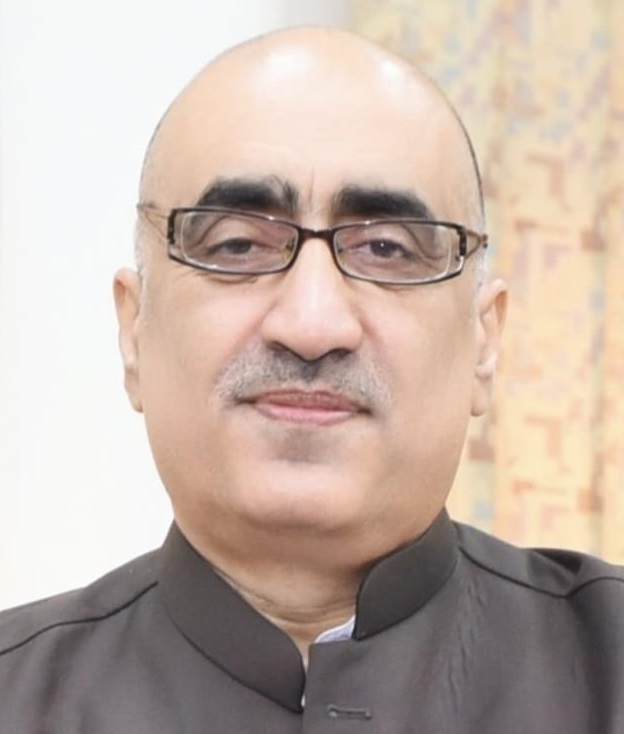Dr Liaqat Ali
“Premature certainty is the enemy of the truth,” said Nipsey Hussle – a quote that brings to mind the echoes of a particular incident shortly after Pakistan’s creation in 1947. At that time, a committee chaired by Colonel Maqbool Hussain was formed to decide on the name of Pakistan’s highest gallantry award. After much deliberation, the name ‘Nishan-e-Haider’ was agreed upon. However, Col. Maqbool Hussain added a solemn condition that the award would be conferred only posthumously. His reasoning was rooted in reverence for Imam Ali, also known as Haider, who never retreated from battle, nor was he ever defeated. To honor his name, the award would only go to those who had made the ultimate sacrifice.
This moment from history reminds us that while achieving greatness is difficult, preserving its sanctity is an even greater challenge. The same can be said of President Donald Trump’s recent diplomatic efforts. His successful intervention in the four-day war between Pakistan and India earned international praise and even led to Pakistan’s formal nomination of him for the Nobel Peace Prize. Yet, within days, the peace was overshadowed by a much more volatile crisis – the 12-day war between Iran and Israel, followed by U.S. airstrikes on Iran.
The silence that followed was deafening. While much of the world debated who had won or lost, the true cost of the confrontation remained buried beneath political rhetoric. There was no confirmed evidence of radioactive or chemical fallout, and the fate of Iran’s enriched uranium remains unclear. Yet one thing is certain: diplomacy failed where it mattered the most. In the aftermath of war, time is of the essence – and every day that dialogue is delayed, the risk of destabilization in the region grows. The strategic Strait of Hormuz and Bab al-Mandab must remain open to ensure global energy security, and that demands immediate diplomatic re-engagement.
This is where the real test lies for President Trump. Having already been recognized for his role in halting the Pakistan-India conflict, he must now rise to the more daunting challenge – to maintain the peace, not just initiate it. As history has shown, the weight of an honor is measured not only in its bestowal but in the actions taken to live up to it. Whether President Trump resists the pressure of meddling think tanks and financial interests will determine whether this honor remains dignified or diminished.
The Iranian people, despite facing severe casualties, have shown remarkable resilience. Their strength lies not just in resistance, but in their historical sense of dignity and bloodline solidarity. The recent confrontation came dangerously close to igniting a global conflict. It is therefore imperative to bring all key players back to the table. A wider peace dialogue must be initiated – one that includes Iran, neighboring countries, and influential regional actors such as Pakistan, Saudi Arabia, and Turkey.
Pakistan, in particular, must play a role. Its leadership – including Field Marshal Syed Asim Munir and Bilawal Bhutto Zardari – is in a unique position to encourage de-escalation and help broker sustainable peace. Pakistan shares deep historical, religious, and cultural ties with Iran, and its involvement could lend greater legitimacy to peace efforts.
In conclusion, what the region needs is not another military maneuver, but a grand dialogue between the civilizations. The time has come to reject the dangerous notion of a ‘clash of civilizations’ and to replace it with dialogue, empathy, and cooperation. The path forward lies not in dominance, but in diplomacy. And only those willing to understand what lies between the lines will be able to truly lead the way.
The writer is a clinician, medical educationist and researcher. He is working as a professor of urology at the Institute of Kidney Diseases (IKD), Hayatabad Medical Complex (HMC), Peshawar. He can be reached at: liaqatikd@gmail.com.
Related Posts






Comments